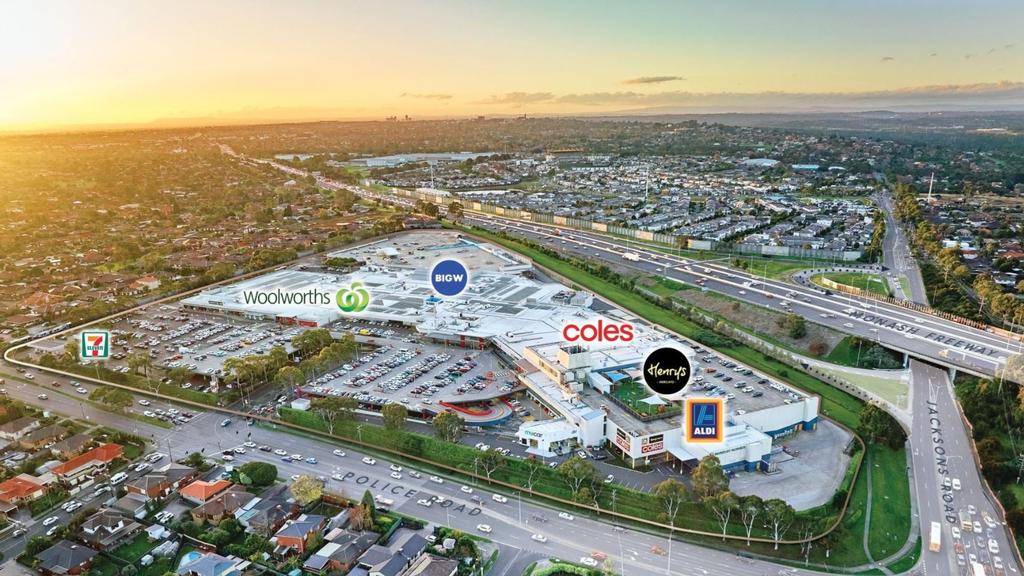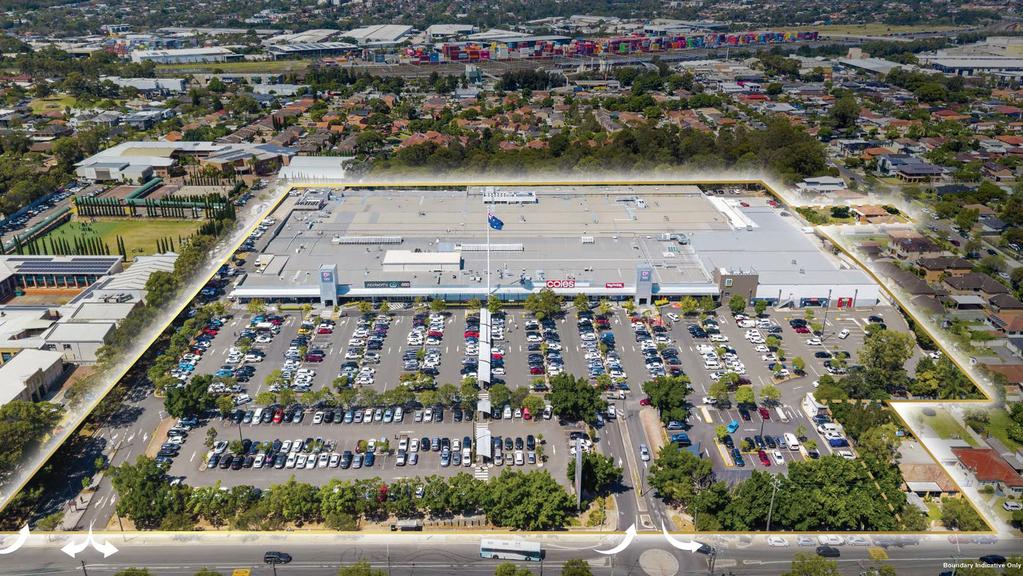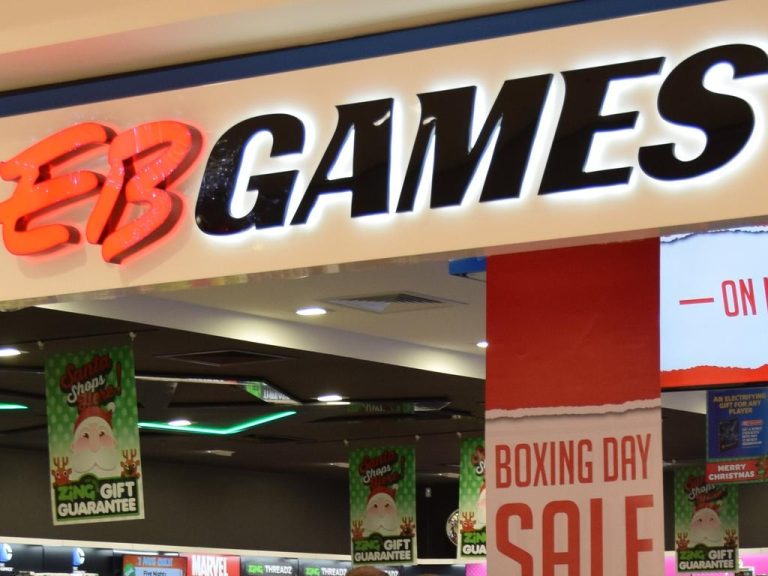Charter Hall goes on a mall shopping spree as specialist wholesale trust launched

Elanor Investors has sold Waverley Gardens Shopping Centre to Charter Hall.
Funds house Charter Hall is putting its stamp on the retail property market, picking up two malls in Sydney and Melbourne for a total of more than $300m as it launches a specialist wholesale trust.
The two centres – Chullora Marketplace in western Sydney and Waverley Gardens Shopping Centre – are in keeping with the company’s focus on convenience retail property, in which it is the dominant manager nationally.
In the Sydney deal, Charter Hall paid about $145m for Chullora Marketplace, buying it from well-known property developers Stanley and John Roth.
The brothers capitalised on the improving sentiment in retail property, with their company, Henroth Pty Ltd selling the site after holding it for 35 years.There has been a rise across the sector as a series of malls have traded and large listed landlords are expected to report valuation increases across their portfolios.
The Australian has secured a copy of the confidential information memorandum from the Chullora sale process, which was handled by JLL’s Nick Willis and Sam Hatcher.
They did not comment but the sale shows the resurgence of institutional capital back into the subregional centre sector after a long period in which larger players were sellers. This is challenging the highly active syndicators such as Haben, IP Generation and Fawkner. They were the most active acquirers of shopping centres over the past five years, all accumulating more than $2bn worth of assets. They have started to move up to target larger malls, where bargains are easier to find.
This was put on display this week with IPGeneration moving to purchase Top Ryde City in Sydney for more than $500m.

Charter Hall has bought Chullora Marketplace at Greenacre in NSW.
The Chullora property is a high-performing triple-anchored neighbourhood shopping centre located 14km southwest of Sydney’s CBD. The centre is a rarity as it is anchored by all three supermarkets – Coles, Woolworths and Aldi – and is just one of three in Sydney with this tenant mix.
The purchase aligns with Charter Hall’s focus for acquiring retail that is non-discretionary based. The property includes land that has also won a recent approval for a mixed-use development accommodating over 33,000sq m of development including retail, childcare and 78 apartments.
Charter Hall could look to realise this vision for the centre longer-term but for now is focused on its convenience retail attributes and bringing it into its national network.
The deal shows a yield of about 5.5 per cent reflecting the centre’s status as a top-performing Sydney asset. By contrast, some larger shopping centres, which rely on discount department stores, have suffered and are dealing with excess space and trading on higher yields.
Charter Hall is yet to reveal where it will hold the Sydney mall. But it confirmed that the new Charter Hall Convenience Retail Fund had exchanged on the acquisition of Waverley Gardens Shopping Centre in Melbourne.
The company has been quietly sounding out institutions for commitments for its new vehicle – which has a mooted size of up to $1bn – while also lining up assets.
Charter Hall entered into talks to buy the Melbourne centre out of the Elanor Investors Group empire in April for about $170m.
That move came after an earlier play for the complex by rival Vicinity Centres stalled and that company moved on from a deal whichcould have resulted in it paying up to $180m and putting a DFO on the site.
The property comprises a 39,737sq m subregional shopping centre in the southeastern suburb of Mulgrave. It is anchored by Coles, Woolworths, Aldi and a Big W, together with nine mini-majors, 93 specialties, a childcare centre, 7 Eleven and a car wash.
It sits on a high exposure site adjacent to Monash Freeway and is underpinned by an island site of 10.6ha – one of only 10 subregional shopping centres in Melbourne with at least this quantum of land.
Charter Hall has steered clear of fashion-focused malls and the larger regional centres that have become outmoded and weighed on the performance of many rival funds.







